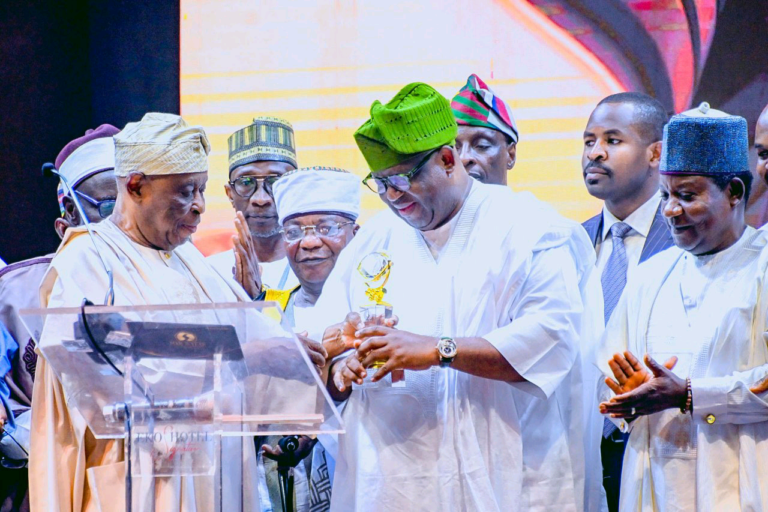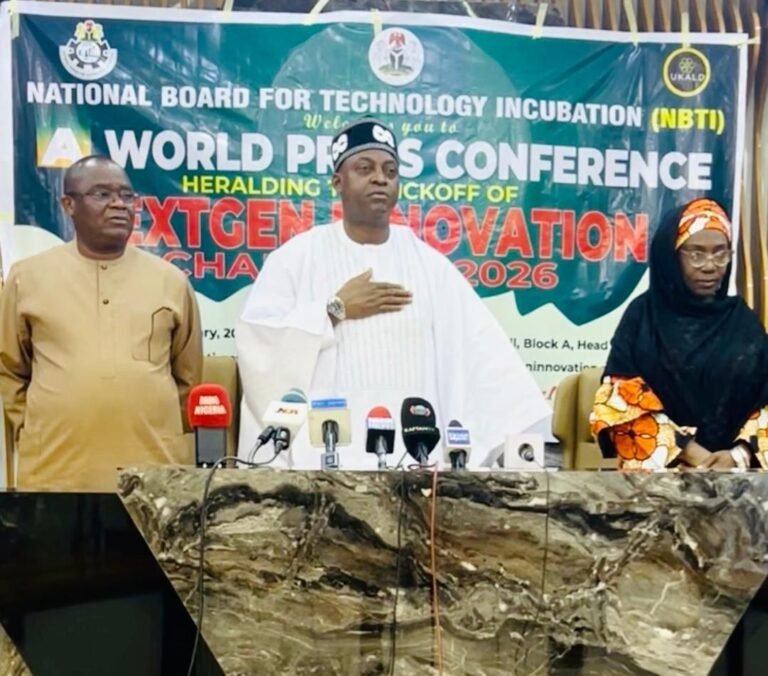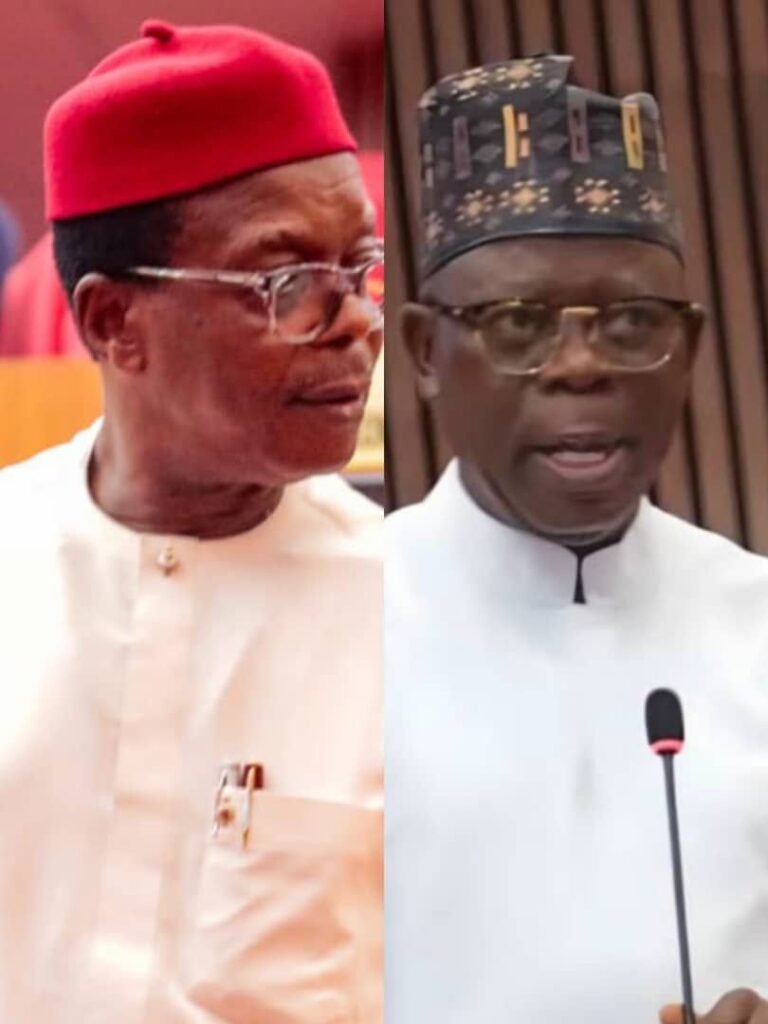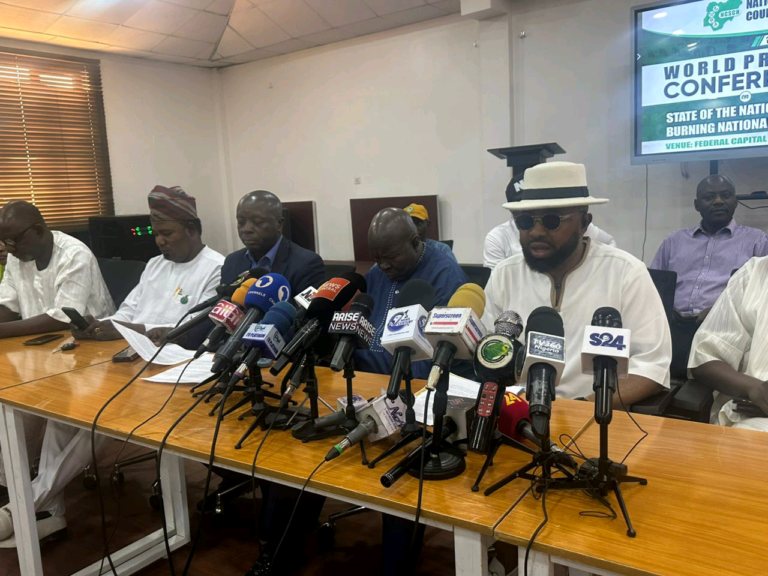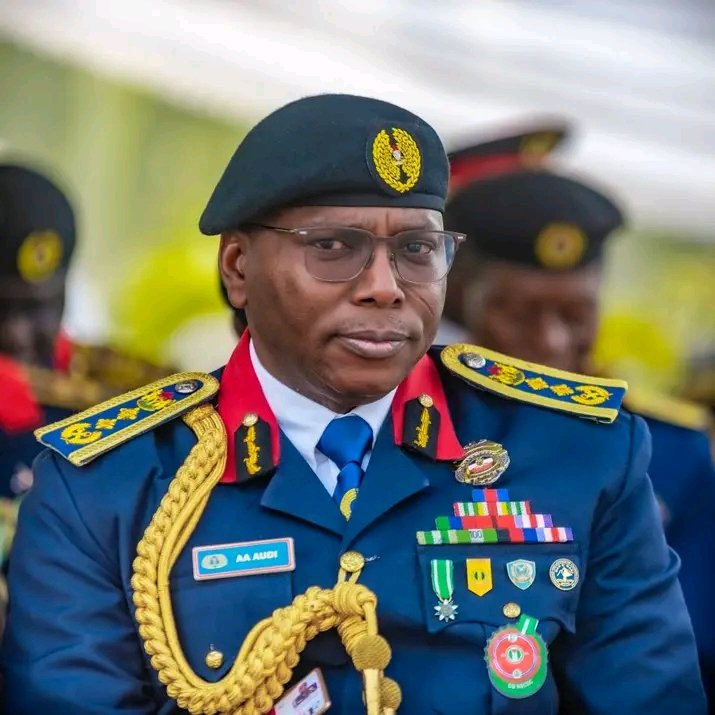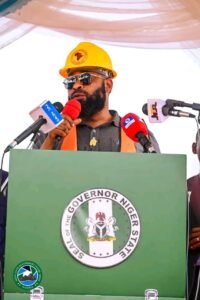
Niger State Government Mandates Sermon Approval for Religious Preachers Amid Controversy
By Gambo Jagindi
September 15, 2025
Mina, Nigeria – In a move that has sparked debate on religious freedom and government oversight, the Niger State Government has introduced a policy requiring religious preachers to submit their sermons for approval before public delivery. Governor Umar Bago confirmed the directive during a Sunday appearance on TVC’s Politics on Sunday, framing it as a measure to prevent harmful or inciteful messaging.
Governor Bago emphasized the government’s intent to regulate religious preaching to safeguard peace and prevent anti-government or socially detrimental messages. “I didn’t ban evangelism… For everyone going to sermon on Friday, he should bring his scriptures for review, and it’s normal. Even in Saudi Arabia, this is done,” Bago said, drawing a comparative example.
The policy rollout includes:
– Mandatory Sermon Submission : Preachers are expected to present their sermons for government review prior to delivery.
– Licensing for Preachers : Niger State is instituting a licensing system for clerics, with a two-month window for compliance according to Umar Farooq, head of Niger State Religious Affairs.
Enforcement will involve cooperation with agencies like the DSS, police, NSCDC, and military.
Responses to the policy have been varied:
– Christian Association of Nigeria (CAN) , Secretary Raphael Opawoye indicated the group wasn’t aware of the directive.
– Chief Imam Bashir Yankuzo , Suggested government can regulate preaching where security threats emerge but stopped short of endorsing content control.
Aluta News reports that the Anambra State Governor Charles Soludo recently prohibited loud preaching in markets citing noise pollution, illustrating regional regulatory approaches.
Critics and observers raise questions about balancing religious expression with government oversight. Governor Bago defended the policy saying, “We cannot say because you have been given the opportunity to be a cleric, you will go out and preach the gospel that is anti-people, anti-government and you think it’s normal.”
The directive underscores ongoing discussions in Nigeria about governance, religious freedoms, and security considerations amid diverse faith practices.
Reports indicate varied perspectives on the policy’s implications for Nigeria’s religious landscape and governance


